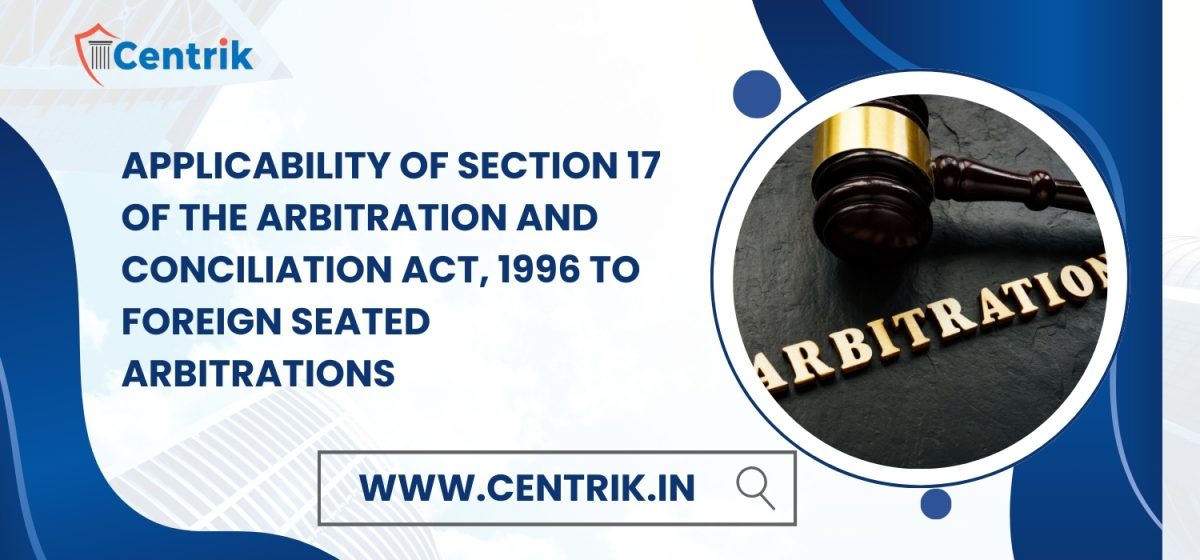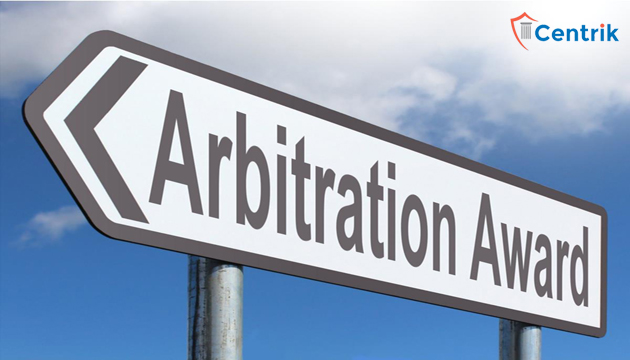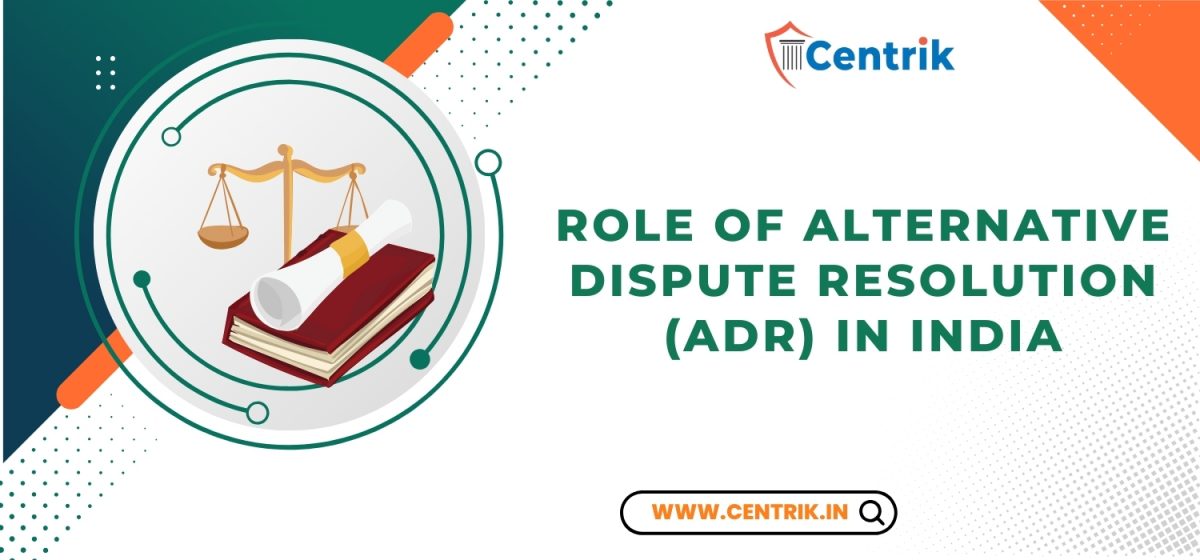
By applying Section 17 to arbitrations seated outside India, India shall move a step ahead in ensuring that the assets or subject matter of the dispute located in India are secured expeditiously, and no party can play any kind of dilatory tactics to render such foreign seated interim awards infructuous.

Section 7 of the Arbitration and Conciliation Act, 1996 defines an arbitration agreement as “an agreement by the parties to submit to arbitration all or certain disputes which have arisen or which may arise between them in respect of a defined legal relationship, whether contractual or not.

Arbitration is a dispute resolution process outside the traditional court system, gaining prominence in India due to its efficiency and flexibility. The Act governing the arbitration proceedings in India namely “The Arbitration and Conciliation Act, 1996”.

The arbitrator is a neutral third party who is appointed to resolve a dispute between two or more parties outside the court system. They play a crucial role in arbitration proceedings, which is an alternative dispute resolution method used to settle conflicts.

A pending suit can be sent for arbitration under Section 8 of the Arbitration and Conciliation Act, 1996. This section states that a party to a case may, at any time after the commencement of the suit, apply to the court for an order referring the dispute to arbitration.

The process is not too tedious and is generally accepted by the court, thus, helping the parties to resolve disputes in a time bound manner.

Individuals and corporates have begun to opt for ‘Arbitration’ as the chosen mode for resolution of their disputes to avoid court delays and other legal hassles of court.

The choice between ‘arbitration’ and ‘litigation’ is not one that can be made in a vacuum. Arbitration can and should be a flexible and efficient procedure for adjudicating disputes.

The enforcement proceedings for the foreign award (under S. 47-48) are the last and final stage where the debtor can resist the award from becoming binding/ enforceable for grounds listed under Section 48 of the Arbitration Act.
MahaRERA is planning to set up 15 conciliation benches – 10 in Mumbai and 5 in Pune. The benches will try to work out a compromise formula before a consumer files a complaint under the RERA or before the authority starts hearing the case.
PUNE: The Maharashtra Real Estate Regulatory Authority (MahaRERA) will, from January 2018, provide consumers with the conciliation option on its website before they register complaints against developers. For the consumers going for the new option, MahaRERA is planning to set up 15 conciliation benches – 10 in Mumbai and 5 in Pune. The benches will try to … Continue reading “Conciliation pick for home buyers from Jan before RERA plaints”

Alternative Dispute Resolution (ADR) is a technique to resolve disputes and disagreements between the parties by arriving at an amenable settlement through negotiations and discussions. It is an attempt to establish an alternative mechanism other than the traditional methods of dispute resolutions.

As per the black law dictionary, the arbitrator is a “private, disinterested person, chosen by the parties to a disputed question, for the purpose of hearing their contention, and giving judgment between them; to whose decision(award) the litigants submit themselves either voluntarily, or, in some cases, compulsorily, by order of a court”.

Interpreting the Insolvency and Bankruptcy Code 2016 and sheds light on its significance in shaping the insolvency and bankruptcy landscape in India.

How a unit registered under MSME can recover the money as per the provisions of the Act? What are the liabilities of the buyer to make a payment towards the MSME registered unit?














 join For Updates
join For Updates